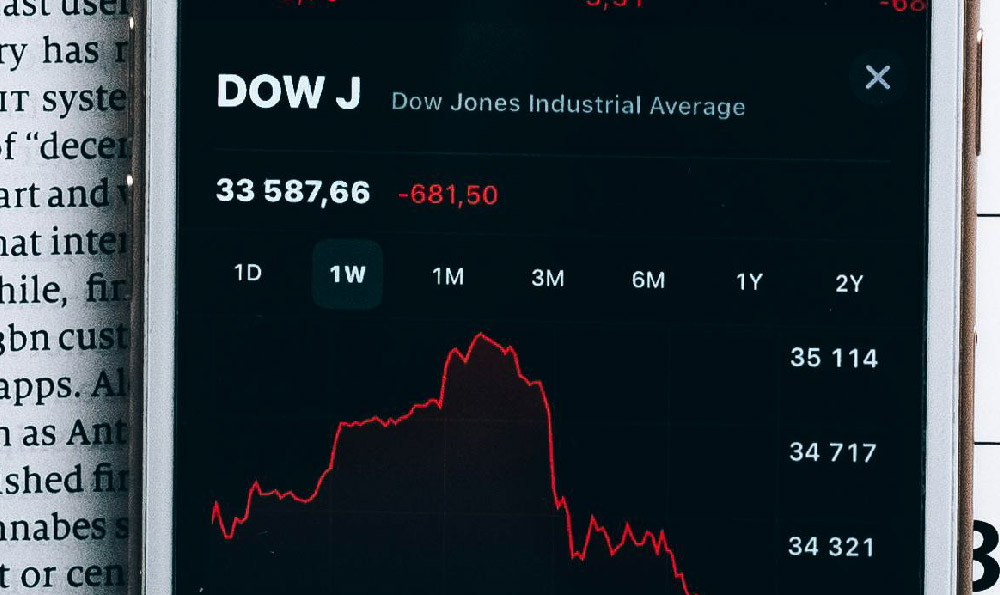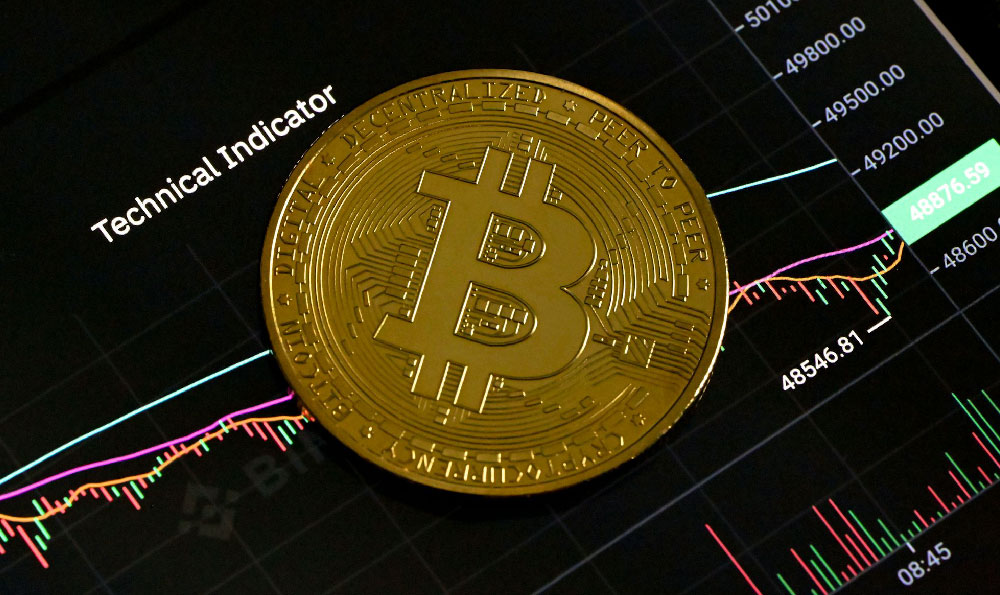The Savannah Bananas, with their vibrant uniforms, choreographed dances, and focus on entertainment over traditional baseball, have captured the attention of sports fans across the nation. But beneath the on-field theatrics lies a practical question: how are these players compensated, and can they realistically make a living playing Banana Ball?
Understanding player compensation requires acknowledging the unique business model of the Savannah Bananas. They are not a Minor League Baseball team affiliated with Major League Baseball. Instead, they operate independently, generating revenue primarily through ticket sales, merchandise, sponsorships, and media deals. This distinction significantly impacts player compensation. Minor League players often receive relatively low salaries, struggling to make ends meet despite the demanding schedule and commitment. The Bananas offer a different, albeit potentially less lucrative in some respects, path.
Unlike traditional baseball, where players are paid based on performance and experience, the Bananas’ compensation model is multifaceted, blending elements of salary, performance bonuses, profit sharing, and perhaps most importantly, brand ambassadorship. A base salary is likely provided to all players, ensuring a baseline level of income. While the exact figures are not publicly disclosed, it's generally understood that this base salary is higher than what many players might receive in lower-level minor leagues, offering a more attractive immediate financial prospect. This is crucial because the Bananas attract players who are not necessarily aiming for the MLB pipeline, but instead are seeking a unique playing experience and the potential for a different kind of career.

Beyond the base salary, performance bonuses are likely integrated into the compensation structure. These bonuses might be tied to team wins, individual achievements, or even specific entertainment-related accomplishments during games, such as executing a particularly impressive dance move or engaging effectively with the audience. This incentivizes players to perform at their best, both athletically and theatrically, aligning individual success with the overall success of the Bananas brand. The focus on entertainment amplifies the earning potential in ways that pure athletic performance alone cannot.
Another potential source of income is profit sharing. If the Savannah Bananas organization performs well financially, a portion of the profits could be distributed among the players. This would incentivize the players to contribute to the team's overall success and foster a sense of shared ownership in the Bananas' enterprise. It also directly ties their earnings to the team's popularity and financial health, encouraging them to be active participants in promoting the brand.
However, perhaps the most significant aspect of the Savannah Bananas' compensation model, and the one that potentially differentiates it the most, is the opportunity for players to build their personal brands. The Bananas actively encourage players to create social media content, engage with fans, and develop their individual personalities. This provides players with a platform to build a following, secure endorsements, and potentially create income streams outside of their playing contracts. The exposure gained while playing for the Bananas can translate into opportunities for public speaking, coaching, or other ventures after their playing career ends. In essence, the Bananas are not just paying players to play baseball; they are investing in their potential as entertainers and influencers.
Whether or not Savannah Bananas players can "make a living" solely from their baseball-related earnings is a complex question with no definitive answer. It depends on several factors, including the individual player's base salary, performance bonuses, profit sharing allocation, and their ability to monetize their personal brand. For some players, particularly those who are successful in building a significant social media following and securing endorsements, playing for the Bananas could provide a comfortable living, potentially exceeding what they might earn in lower levels of minor league baseball. For others, the income might be supplemented by other sources, such as part-time jobs or family support.
It's crucial to consider the long-term implications. While a Minor League player might dream of reaching the Majors and securing a lucrative contract, the reality is that very few players ever reach that level. For many, a career in the Minor Leagues is short-lived and financially challenging. The Savannah Bananas offer an alternative path, one that emphasizes entertainment and personal brand building, which could potentially provide players with more sustainable career options after their playing days are over. The skills and experiences gained while playing for the Bananas, such as public speaking, social media management, and fan engagement, can be valuable assets in a variety of fields.
In conclusion, the compensation structure for Savannah Bananas players is a unique blend of traditional baseball salaries and modern entertainment-focused income streams. While it's impossible to provide precise figures without access to confidential financial information, it's clear that the Bananas are offering players more than just a paycheck. They are providing an opportunity to build a personal brand, connect with fans, and develop skills that can be valuable both during and after their playing careers. Whether or not this translates into a "living wage" depends on the individual player's success in capitalizing on these opportunities. However, the Savannah Bananas are undoubtedly changing the landscape of professional baseball, offering a new model that prioritizes entertainment, player development, and long-term career prospects. The focus on providing value to players beyond mere athletic talent is likely to attract a new generation of athletes seeking a different kind of playing experience. The emphasis on entertainment and fan engagement demonstrates an innovative approach to sports that prioritizes the overall experience, enhancing revenue streams that enable more robust player compensation.












